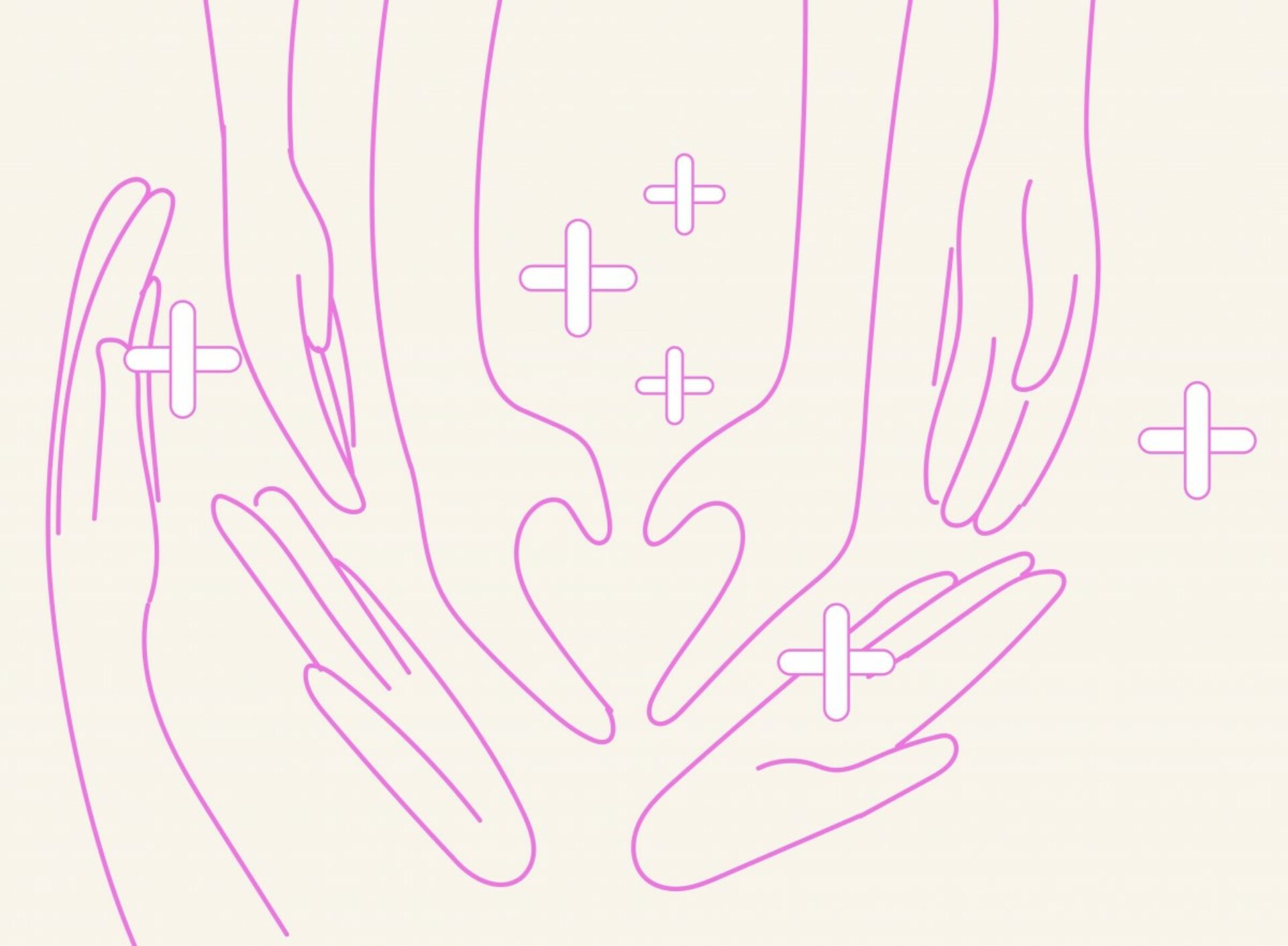Dan Robotham
Being kind is a good thing. Over the last few months, we have seen extraordinary acts of kindness from people during the Covid-19 pandemic, some of which have been well publicised.
This is a time when small (and large) acts of kindness mean even more than they would in so-called ‘normal’ times. So, the decision to have ‘kindness’ as a theme for Mental Health Awareness Week (#MentalHealthAwarenessWeek) this year made sense. It is a universal theme, and there is a reason to pick a theme that everyone can relate to.
Kindness and Covid
In some ways, kindness is the overwhelming positive arising from Covid-19, at least it was the main positive thing Charlie Brooker mentioned in his Antiviral Wipe show the other day. By being kind to one another, we can avoid stumbling into spiteful arguments about this and that, all of which is tempting when the stakes are so high.
Let’s be honest though, kindness alone won’t get us through to the other side of this pandemic.
Kindness might fill gaps when there is acute crisis, but it cannot solve large scale infrastructural problems in the long-term. Lots of people will need urgent mental health treatment, both now and in the future.
Lots of keyworkers will feel the post-traumatic effects of living in a Covid-19 reality, day to day. Many more people will experience the effects of the looming recession, likely to be the worst in living memory.
The kindness of individuals is especially obvious (and effective) immediately after a disaster. We have seen how kindness emerges out of necessity and compulsion, but usually this kindness is spontaneous rather than systemic. More than ever, we need systemic kindness.
Building kindness into organisations
We should talk about how to build kindness into structures and organisations. Of course, it isn’t usually called ‘kindness’ when it enters these spaces. It is called things like ‘planning’, ‘teamwork’, ‘accountability’, ‘diligence’ and ‘infrastructure’.
Those working in nursing homes and on emergency wards are seeing death on an unprecedented scale, with burnout and compassionate fatigue likely. The right of individuals to work in safe environments is the best example of systemic kindness I can think of.
The welfare of people who bear the brunt of the pandemic response needs to be managed. We should learn from those who survived recent disasters (e.g., Hurricane Katrina, the Boxing Day Tsunami), and from the research evidence that arose from them.
Kindness among individuals will still be important in the medium and longer-term of the pandemic, but we must think about what kindness means in organisations and social systems.
Making a brighter, kinder future
How will our societies provide mental health support for people in crisis now? How will they provide support for those affected by trauma in the future? How can people across society be involved in decisions to find answers, shape solutions and responses? What about people who bear the brunt of systemically unkind welfare reform?
Mental Health Awareness Week should be an opportunity to talk about these things too. Whatever happens in the coming months/years of the pandemic (and aftermath), awareness of mental health will increase. Perhaps there won’t even need to be an awareness week next year.
Dan Robotham is the Deputy Research Director at McPin.
